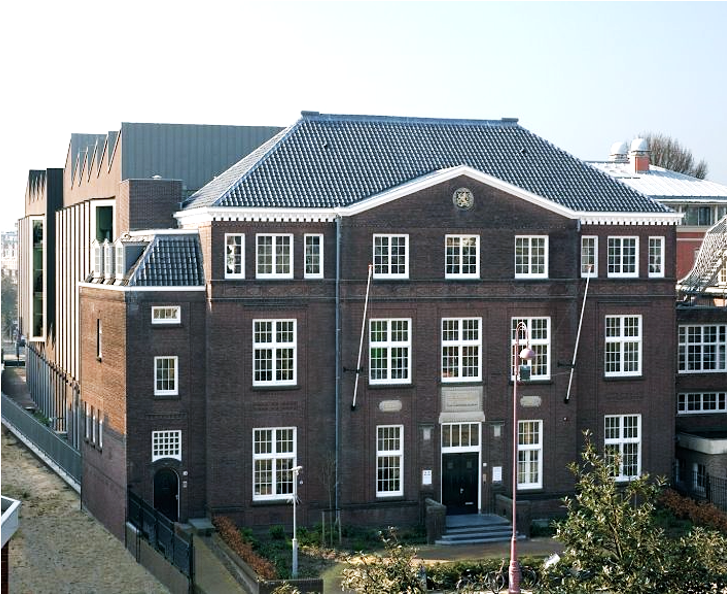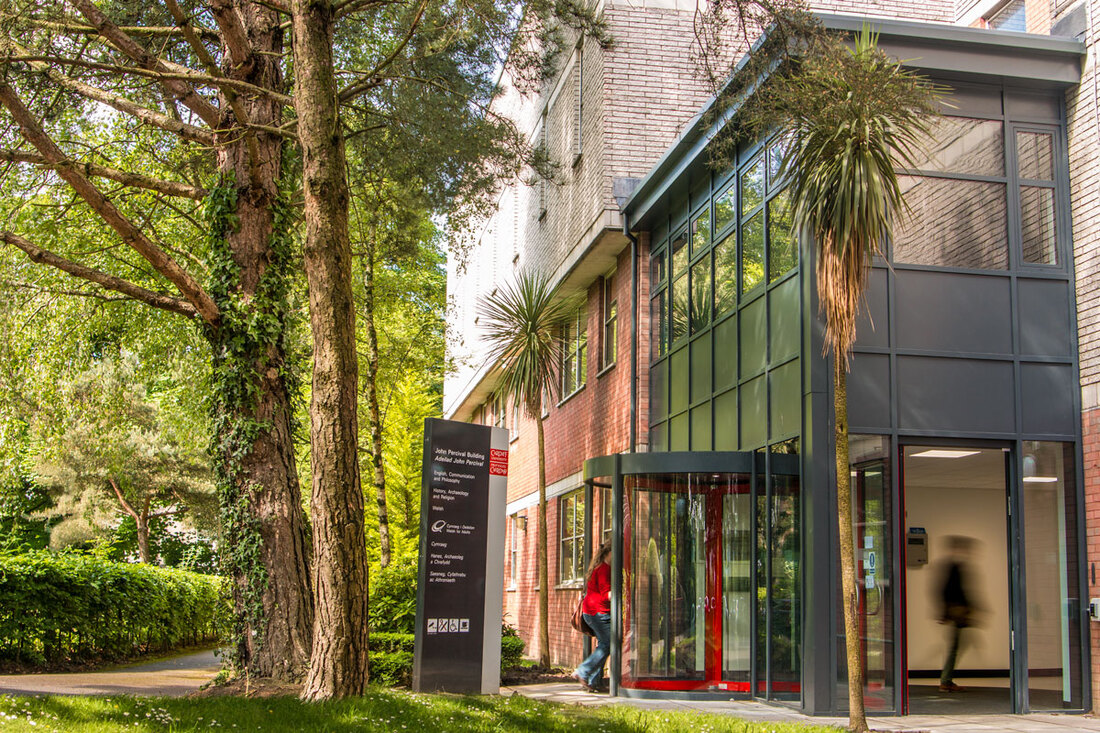teaching ethics in objects conservation
"Graduate-level training of objects conservators at the Winterthur/University of Delaware Program in Art Conservation (WUDPAC) provides students with a broad foundation in material types. This generalist approach is common across North American and enables preservation of objects from a range of cultural and historical backgrounds. In addition, conservation educators must continually assess the relevancy of their course content. Besides keeping current with the latest materials-based research and treatment techniques, they also need to track how the role of conservation is evolving in relation to larger cultural shifts."
This is the start of the abstract for our chapter, "Incorporating philosophy and ethics in objects conservation curricula" for the upcoming book, Prioritizing People in Ethical Decision-Making and Caring for Cultural Heritage Collections, edited by Nina Owczarek Herrera. Lara Kaplan and I discuss the integration of sometimes-competing core competencies into our existing curricular structure and timeframe. We introduce several initiatives at WUDPAC that deepen instruction in conservation ethics. Our chapter shares a series of case studies and the lessons learned therein, demonstrating how our approach to teaching has developed over the years. It also shows how educators do their job best when they serve as a bridge between generations, transferring accumulated knowledge while also allowing the ideas, concerns, and perspectives of their students to shape the narrative and lead to new approaches.
This is the start of the abstract for our chapter, "Incorporating philosophy and ethics in objects conservation curricula" for the upcoming book, Prioritizing People in Ethical Decision-Making and Caring for Cultural Heritage Collections, edited by Nina Owczarek Herrera. Lara Kaplan and I discuss the integration of sometimes-competing core competencies into our existing curricular structure and timeframe. We introduce several initiatives at WUDPAC that deepen instruction in conservation ethics. Our chapter shares a series of case studies and the lessons learned therein, demonstrating how our approach to teaching has developed over the years. It also shows how educators do their job best when they serve as a bridge between generations, transferring accumulated knowledge while also allowing the ideas, concerns, and perspectives of their students to shape the narrative and lead to new approaches.
prioritizing principles of metals conservation
In the fall of 2023, I embarked on a six-week sabbatical centered on expanding foundational knowledge of metals conservation, building relationships with metals researchers and conservators in the field, and understanding pedagogical approaches to metals conservation education at some of the top metals conservation training programs in Europe and the United Kingdom.
Based on conversations with colleagues active in the metals conservation community, I identified individuals at four sites to visit and connect with during my six weeks of leave (see below). Travel was made possible with support of the UD Art Conservation Department, the Pauline Eversmann Fund, West Dean College, and the kindness and generosity of my many hosts (you know who you are!).
Based on conversations with colleagues active in the metals conservation community, I identified individuals at four sites to visit and connect with during my six weeks of leave (see below). Travel was made possible with support of the UD Art Conservation Department, the Pauline Eversmann Fund, West Dean College, and the kindness and generosity of my many hosts (you know who you are!).
The nuanced understanding of approaches to metals treatments–both highly interventive and not–at some of the premier training institutions in the world will benefit current and future approaches adopted at Winterthur, and in turn, benefit its collections. Similarly, understanding what is prioritized at training programs that teach both a focused metals curriculum and a broader objects curriculum will benefit our approach to teaching metals here at WUDPAC.
I am currently at work putting curricular changes into practice as inspired and informed by my visits while on sabbatical with the goal of providing our students with a stronger foundation in the treatment of metal heritage collections. Stay tuned for a summary of these changes and a synthesis of what I have taken away from this incredible experience.
I am currently at work putting curricular changes into practice as inspired and informed by my visits while on sabbatical with the goal of providing our students with a stronger foundation in the treatment of metal heritage collections. Stay tuned for a summary of these changes and a synthesis of what I have taken away from this incredible experience.
talks and publications
Fair, Lauren, and Lara Kaplan. 2023. “Incorporating Philosophy and Ethics in Objects Conservation Curricula.” In Prioritizing People in Ethical Decision-Making and Caring for Cultural Heritage Collections, edited by Nina Owczarek Herrera. Oxfordshire, UK: Routledge.



